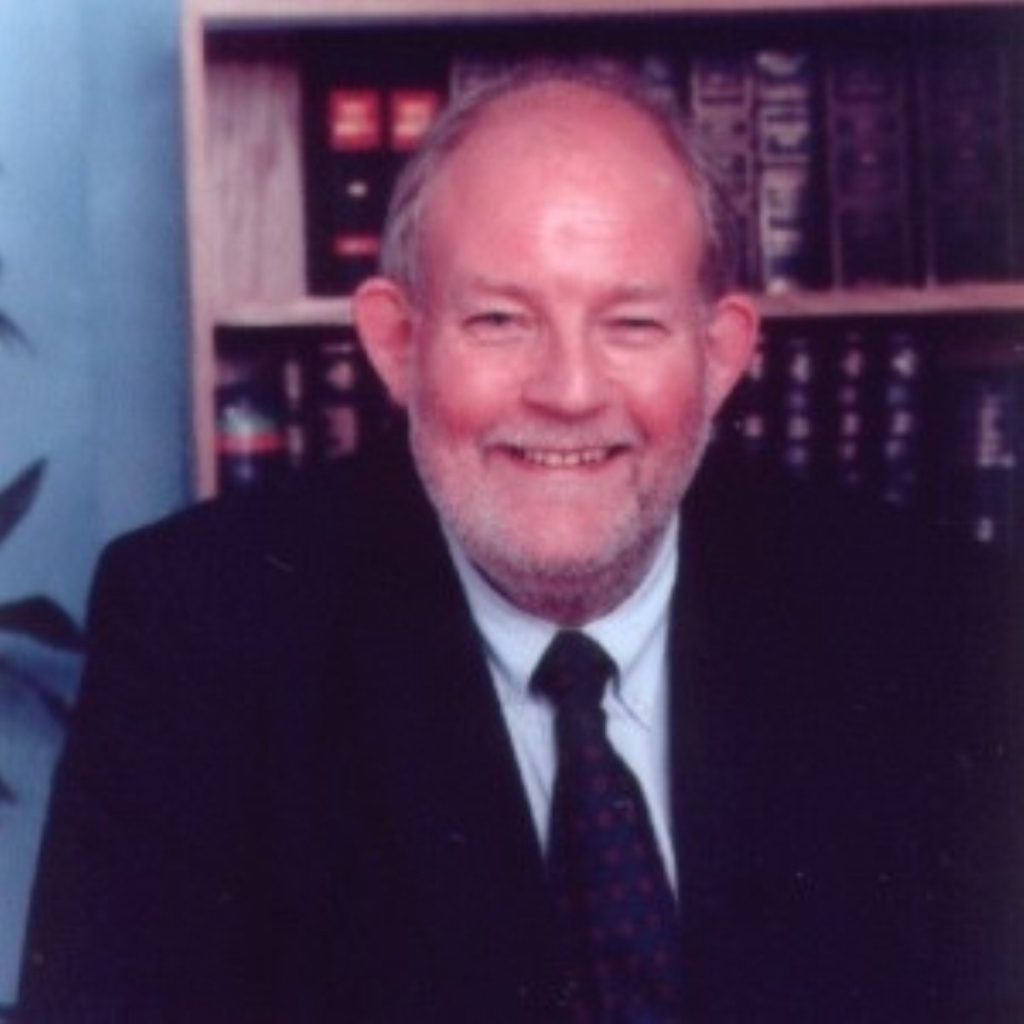Clarke ‘not against’ airport-style metal detectors in schools
Education Secretary Charles Clarke today said he would “not be against” airport-style metal detectors if they meant reducing the number of knives getting into schools.
“There are too many tragedies that happen because children bring knives into school and we just have to drive this out”, he told BBC One’s Breakfast with Frost.
Earlier this week, the Education Secretary announced that headteachers may be given powers to body search pupils suspected of carrying weapons.
Today he confirmed it would be “possible’ to extend these proposals whereby schools introduce metal detectors similar to those present in the American education system.


“I hope it wouldn’t come to that’, he admitted. “But the Chief Commissioner of the Metropolitan Police Sir John Stevens said he thought that might be the answer in certain cases.”
“I can’t see any circumstances in which it can ever be justified for a child to have a knife in school and think what ever steps are necessary to deal with that have to be taken”, Mr Clarke stated.
“If it came to those kind of airport check in things then I wouldn’t be against that if that was the only resort to really deal with it.”
The problem of pupils carrying knives was brought into focus by the murder of Luke Walmsley in November 2003, who was stabbed by a fellow pupil at the Birkbeck School in North Somercotes, Lincolnshire.
Mr Clarke stressed that he Government’s ‘number one’ requirement must be to eradicate instances where pupils are able to bring knives into school.
The Education Secretary also defended plans to stop excessive concentrations of previously excluded pupils in just a few schools. Limits would be placed on the number of excluded pupils that each school would have to admit and allocations of problem pupils would be decided locally through Admissions Forums.
Schools would also be encouraged to pool behaviour support funding, work in partnerships to provide for pupils at risk of exclusion, and work with local education authorities to cater for those who are excluded.
Mr Clarke, when asked why schools with high levels of disciple should be encouraged to undertake unruly pupils, stated there was “a duty of care” to help.
“The first way of doing that is by ensuring there is a separate place where children of that kind can be educated in things called pupil referral units which we think would be better run by groups of schools working together”, he said.
“Secondly we say that a very small number of schools take on the overwhelming majority of children in those positions.”
The scales should therefore be rebalanced with responsibility apportioned out equally, Mr Clarke said.
“There are many examples of groups of schools currently just doing that in Kent and surrey…where the schools as a whole come together and say let’s deal with this right across the whole range that benefits all the schools in that community.”
Whilst the Government hopes this would be voluntary, Mr Clark warned should too many schools shirk their duty of care then if necessary it could be made compulsory.

